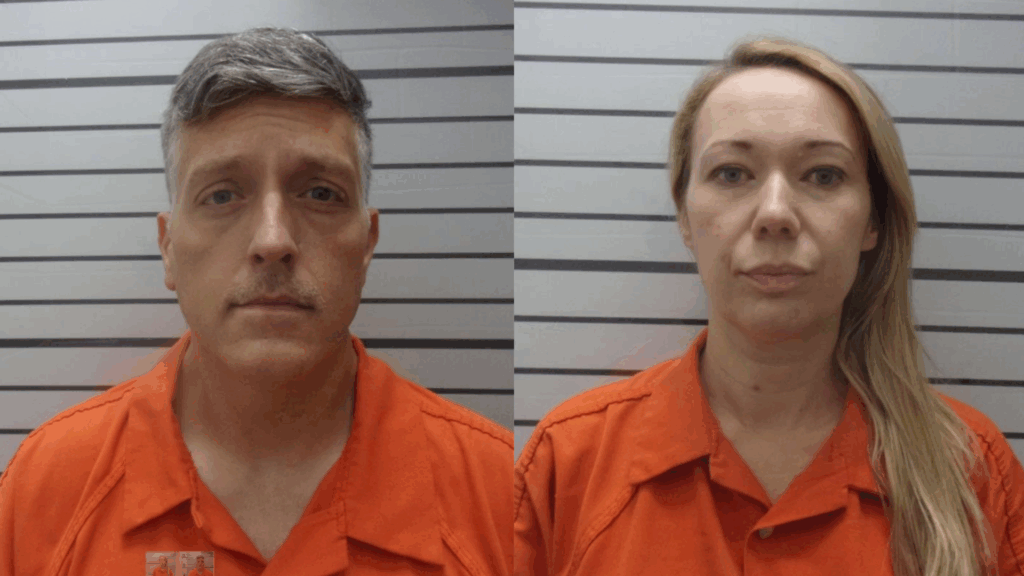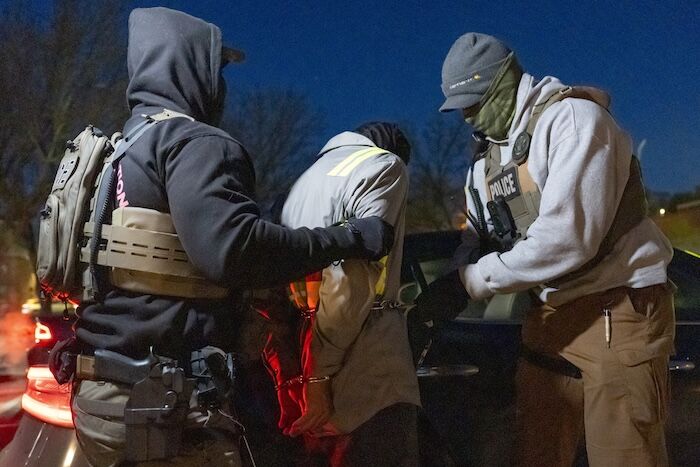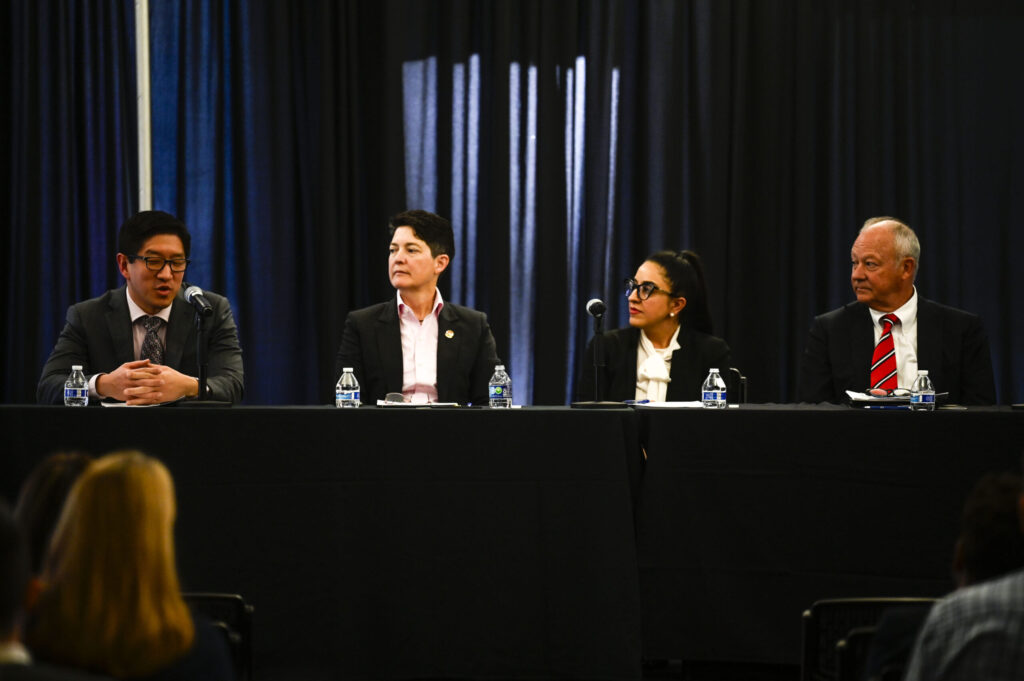Chief justice addresses legislature, property tax system in hands of high court | COURT CRAWL
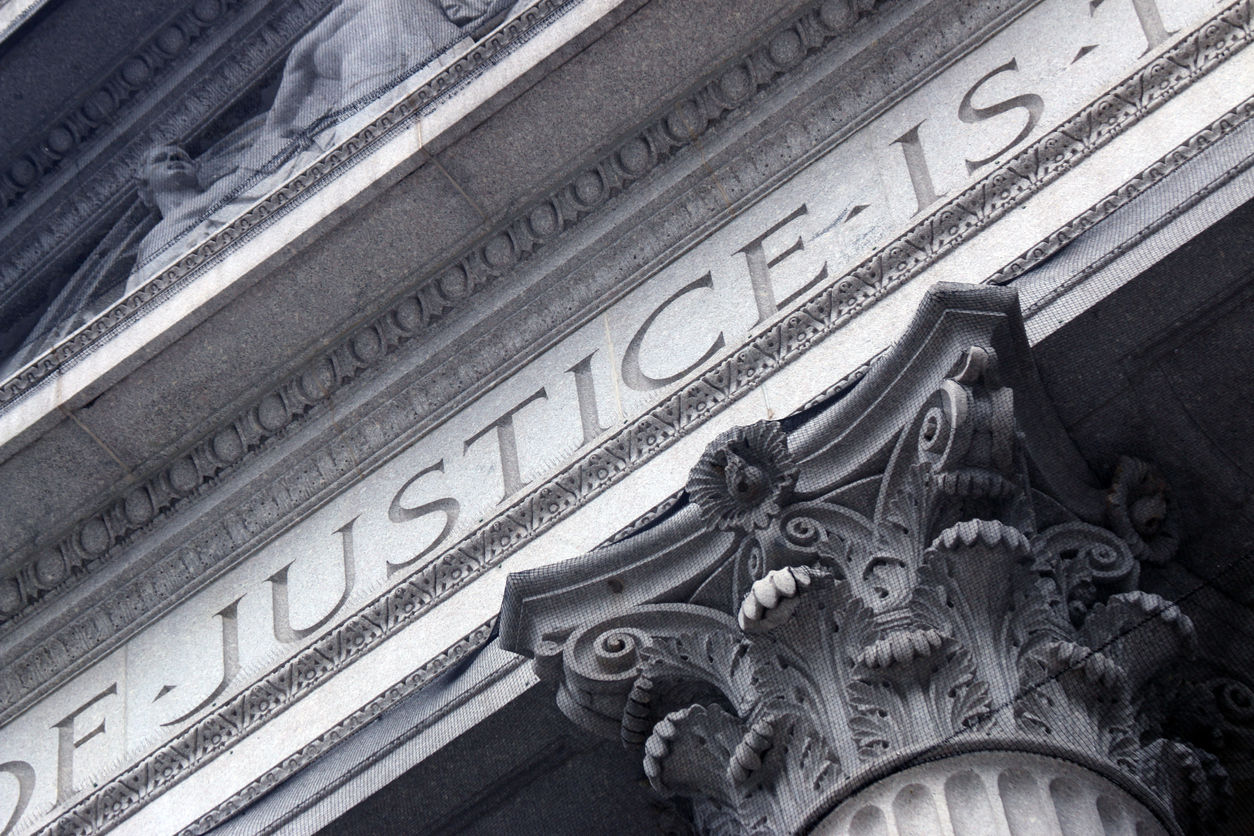
Welcome to Court Crawl, Colorado Politics’ roundup of news from the third branch of government.
The chief justice of the state Supreme Court delivered his biennial address to the legislature, while the entire Supreme Court participated in nearly three hours of arguments about the effect of COVID-19 on property tax assessments.
State of the Judiciary address
? Chief Justice Brian D. Boatright delivered his second State of the Judiciary address to the General Assembly last week. His first one occurred in 2021, shortly after he took the chief’s position and around the time his branch was hit with allegations of past judicial and administrative misconduct.
? This time, Boatright arrived with two completed investigations into the allegations, as well as a survey of workplace culture in the judiciary. While the findings were not complimentary, Boatright pitched some internal changes to the court system that would address workplace conflict, as well as turnover and training.
? “We are asking for an Organizational Ombudsperson. Our Organizational Ombudsperson would provide a safe place for our employees to get assistance, support, and resources for workplace issues involving non-judge staff, while maintaining an independent complaint and investigation process for the Office of Judicial Discipline when a complaint concerns a judicial officer.” –Boatright’s State of the Judiciary address, Jan. 13, 2023
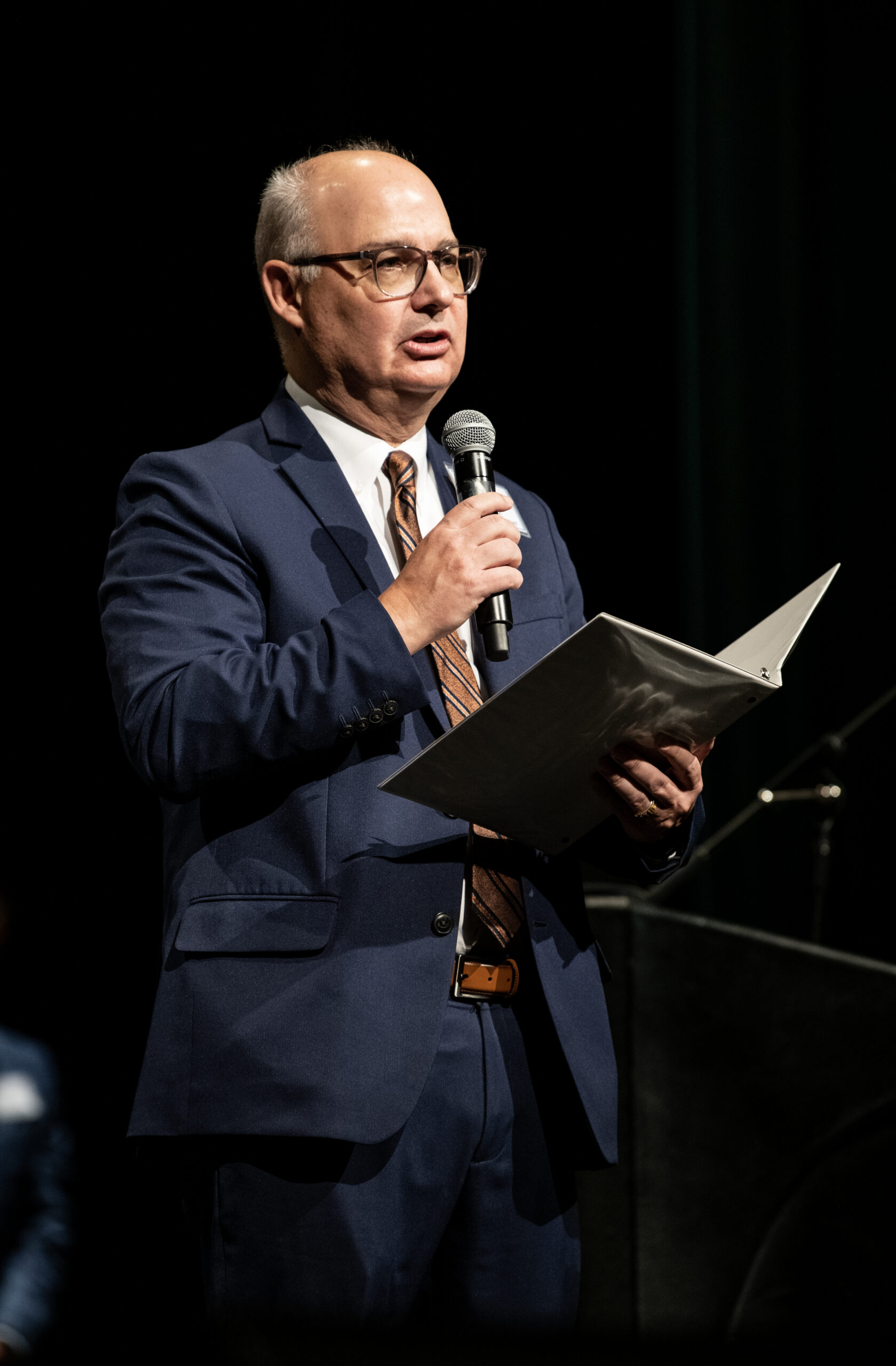
? The chief justice also talked about the increasing diversity of the judicial branch, with women now comprising 44% of judges and judges of color being 17%.
? Largely absent from the speech? COVID-19 and the pandemic. We’ll see if the Judicial Department has anything to say about the continued effects during its oversight hearing this week.
Reaction to the address
? Rep. Mike Weissman, D-Aurora, is the chair of the House Judiciary Committee. He also was part of an interim legislative committee that generated two measures to revamp the process for judicial discipline, which the legislature will consider this session. He gave Colorado Politics his impression of the chief justice’s proposals.
? On having a judicial department ombudsman: “One of the key questions is the placement of the office – whether internal (what the branch is calling ‘organizational’) or external (what you could also call ‘independent’). I think the bulk of the testimony we heard over the summer was in support of an independent ombuds.”
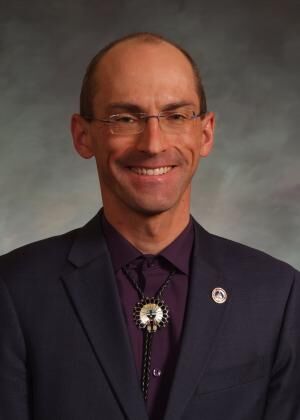
? On the idea of an “Office of People and Culture” for a human resources department: “I’m open to hearing more from the branch as to how they want to improve things internally. I think there is room and need for both internal improvement and external improvement (e.g. an external ombuds).”
? On the two independent investigations: “I’m glad those were completed and made available, but they don’t really go to the core of what the interim committee was about: overhauling our system of judicial discipline in a structural way, for the first time in decades, so that Colorado has a more modern system in sync with the practices of other states and that members of the public, especially members of the legal profession, can have confidence in.”
? On increased compensation for judicial employees: “I know that state employees, like all Coloradans, are feeling the pinch of increasing prices, and I know the Joint Budget Committee will consider employee compensation as part of its ongoing work. I do want state employees to be reasonably compensated for what they do for us.”
Other Supreme Court business
? The Supreme Court held oral arguments on Wednesday in four cases, which all touched on the same underlying questions: Did the COVID-19 pandemic and accompanying public health orders amount to “unusual conditions” that restricted the use of commercial property? And were property owners entitled to a mid-year review of their property values for 2020?
? There are 11 total lawsuits around the state from businesses seeking a revaluation (and reduction) of their 2020 property values, arguing the shutdown orders in the early pandemic negatively affected the use of their properties. On the other side, counties are arguing their budgets need predictability, and a revaluation outside of the normal two-year calendar isn’t practical. The justices appeared more sympathetic to the counties’ interpretation.
? The justices issued a pair of decisions clarifying that when someone is suing a limited liability company (LLC), the “residence” of the LLC is what matters in deciding where to file the lawsuit, and not the residence of the LLC’s members. The effect of the decision is to provide plaintiffs with fewer options for where to sue LLCs.
? The Supreme Court also agreed to hear two appeals: The first implicates whether criminal defendants are entitled to bail for crimes that were formerly designated (and still are designated in the state’s constitution) “capital offenses” – even though the legislature has since abolished capital punishment. The second case questions whether a Black defendant is entitled to a new trial because a juror said he moved to the overwhelmingly white jurisdiction because he “didn’t want diversity,” and the judge let him remain on the jury.
Heard on appeal
? The U.S. Court of Appeals for the 10th Circuit found no constitutional violations have arisen from use of the Congressional Review Act, a 1996 law that permits Congress to nullify new executive branch regulations by passing a resolution with the president’s signature. The law is commonly used when there is a switch in partisan control of the elected branches to cancel out rules issued by the prior administration of a different political party.
? A man convicted for possessing a firearm he wasn’t allowed to possess tried to get evidence of the gun suppressed. But the 10th Circuit said police lawfully spotted the gun inside the home where the man was living. Why? Because the defendant’s mom invited the cops to come inside and look around.
? An Arapahoe County judge didn’t have the authority to tell a probation officer to begin probation-revocation proceedings on a defendant, the state’s Court of Appeals ruled.
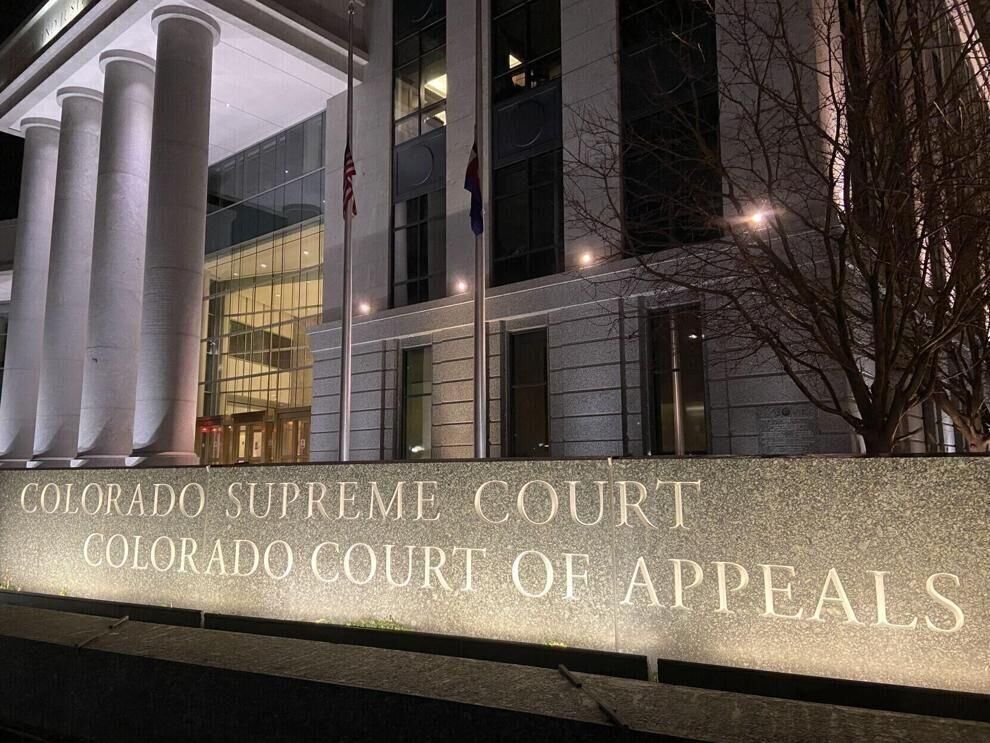
In federal news
? Two Colorado residents didn’t have standing to sue Treasurer Dave Young over alleged constitutional problems with the state’s unclaimed property program.
? A federal judge has allowed another lawsuit to proceed that alleges Denver police committed constitutional violations in responding to the 2020 racial justice protests, following the killing of George Floyd.
? A former elected official in Elizabeth, suing other officials in the town, failed to state an actual claim that the defendants violated his rights by removing his political signs, which weren’t compliant with the town code.
Vacancies and appointments
? The district judges of Colorado’s federal trial court have reappointed U.S. Magistrate Judge James M. Candelaria to another four-year term. Candelaria sits in Durango as a part-time judge.
? Applications are due by Jan. 24 to be a judge on the La Plata County Court. Judge Anne K. Woods resigned in November and her initial successor, Anthony N. Baca, subsequently accepted an appointment to the district court instead.
Miscellaneous proceedings
? The Colorado Supreme Court held a hearing about a rule change that would substitute Court of Appeals judges for the Supreme Court’s members in disciplinary cases involving a justice. Some commenters worried the protocol wouldn’t comport with the state constitution.





